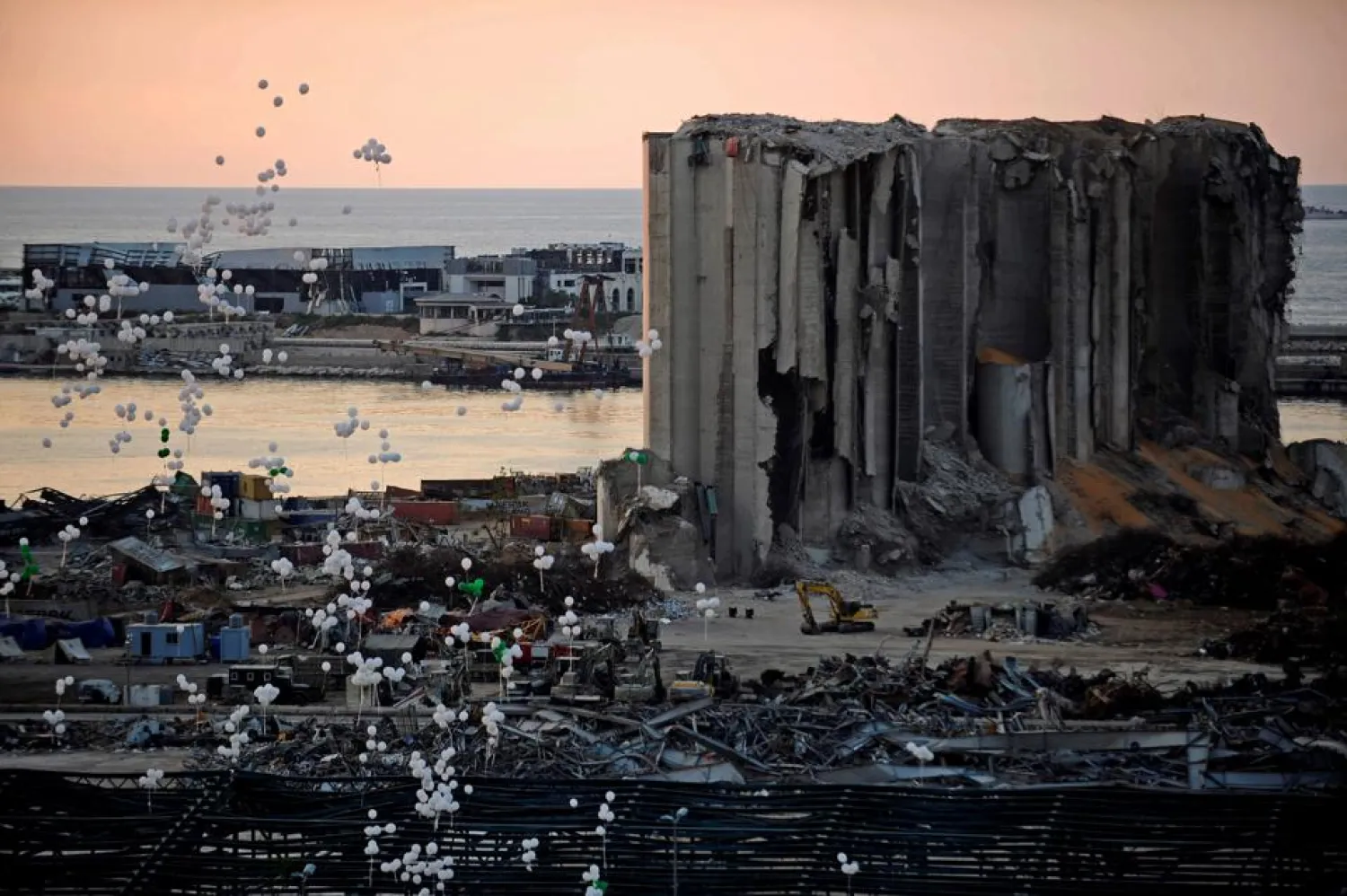When a huge blast tore through Beirut on Aug. 4, Rawda Mazloum decided to move the giant oven she was using to cook for refugees in the Bekaa Valley to assist residents of the devastated capital.
Today, the stove that has helped feed thousands of refugees and rehabilitate former fighters as part of a community cooking project, sits in a relief center in Beirut and provides hot meals to people left homeless and destitute by the explosion.
“When the blast happened, I decided to prepare quick meals and pastries. We took boxes of water and masks and went to the site of the blast,” said Mazloum, a refugee from Syria who has been in Lebanon since 2014.
“Beirut has given me so much, I feel it’s personal to me. It felt good to be able to offer them something,” she told the Thomson Reuters Foundation.
Mazloum, 43, had been leading the preparation of meals for about 50 refugee and host community families through the Great Oven project, which encourages marginalized communities to cook together.
The elaborately painted two-ton oven – which requires a crane to be transported – ended up under Mazloum’s stewardship in the eastern Bekaa Valley in March, when the coronavirus dealt another blow to Lebanon’s battered economy.
Launched by Spanish-Irish chef James Gomez Thompson and Lebanese news producer Nour Matraji almost two years ago, the Great Oven initiative set out to help reintegrate former fighters and young militants in the northern city of Tripoli.
Sectarian violence still flares up in and around the city 30 years after the end of Lebanon’s civil war, but the project has brought together old rivals, including former prisoners, to learn new skills and foster community ties.
“We were trying to think of anything creative that they can also develop as a skill,” Matraji said.
“They need to self-sustain… so we came with the oven, we train, we teach. We also link them up with the food donors so we make sure they’re getting a steady flow of free ingredients,” she added.
‘Inherent dignity’
The blast in Beirut port, which killed about 200 people and left 300,000 people homeless, exacerbated Lebanon’s difficulties amid a financial crisis that has sharply devalued its currency and pushed half the population into poverty.
Dozens of other grassroots initiatives have sprung up to help those affected by the explosion, offering aid to rebuild ruined homes and provide emergency shelter and food.
As donor fatigue sets in globally during the COVID-19 pandemic, Thompson said the oven project embraced a more sustainable way of helping people in need.
“(There’s an) inherent dignity in being able to cook for themselves rather than having to constantly depend on handouts and that way they become agents of their own rehabilitation and their own food security,” he said.
Close to where the oven is parked, Thompson and Matraji have set up a makeshift prep kitchen at the Ballroom Blitz, a Beirut nightclub put out of action by the blast.
Where the dancefloor used to be, they prepare meals with dozens of volunteers and some of their project beneficiaries from Tripoli, including a former fighter who is now employed as a full-time chef and artist for the project.
The day’s menu depends on what ingredients arrive in the kitchen from their food donor partners. It could be Thai rice one day, aubergine with pasta another, or their signature mac and cheese.
With four more ovens now in the process of being decorated, the space has morphed into an art hub, with DJs frequently stopping by to play music as the team trains the next cohort of oven painters and cooks.
Until now, the project has been funded by Thompson but will eventually operate through sponsorship, with an endorsement to build and decorate an oven costing about $10,000.
In the meantime, Thompson and Matraji are fundraising to install 10 ovens in the worst-hit areas of the blast radius by the end of the year. Tripoli and Bekaa will also get their ovens back – this time with a view to making them permanent.
Beyond Lebanon, the project is generating interest in Venezuela to help rehabilitate former drug cartel members, Thompson said.
“I could also go to inner city gangs in London, in LA, in New York and say ‘you guys don’t have a community center anymore, well why don’t we build one around a massive oven’,” Thompson said.
“Then we make it beautiful so they take ownership of it and it belongs to them.”
















